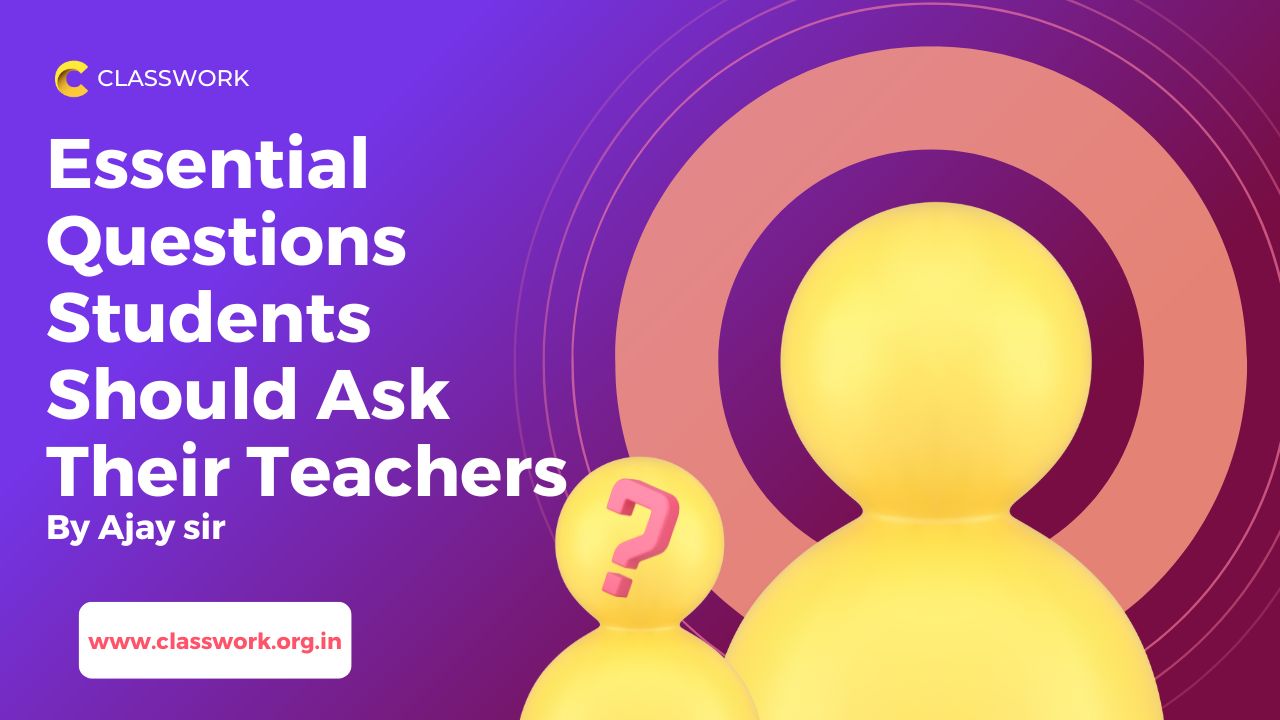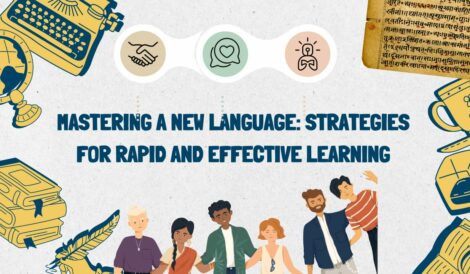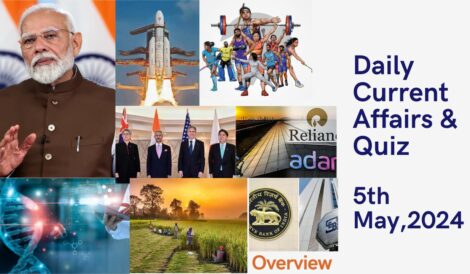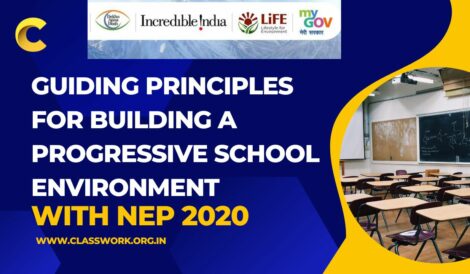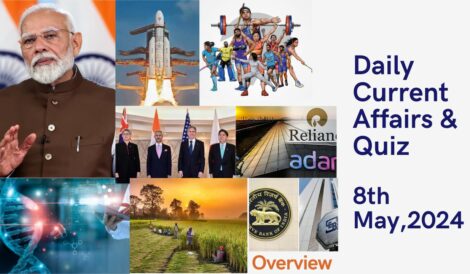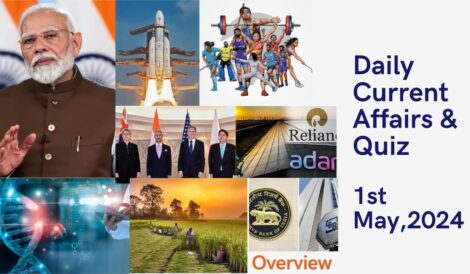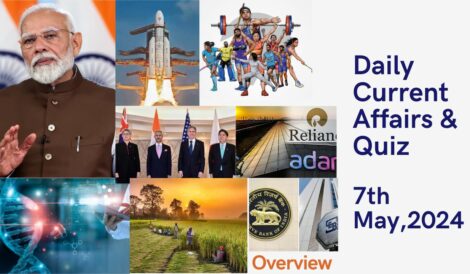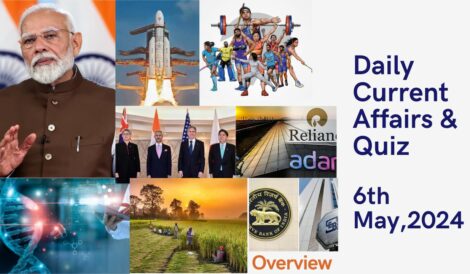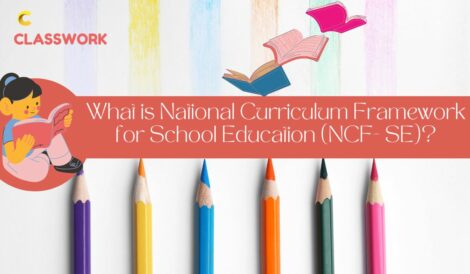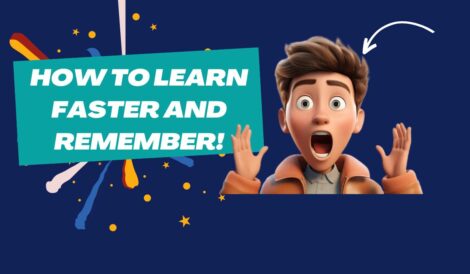- Posted on
- No Comments
Essential Questions Students Should Ask Their Teachers
In today’s educational system, the relationship between students and teachers often revolves around the delivery of curriculum content and the completion of assignments. However, fostering a dynamic and engaging learning environment requires active participation from both parties. Students, as the primary recipients of education, hold a pivotal role in shaping their learning experiences. To maximize their educational journey, students should not only absorb information but also actively seek clarification, guidance, and deeper understanding. Herein lies the importance of asking questions. Here’s an exploration of what students should have asked their teachers during their school years.
As mentioned in the Upanishads Firstly, students should inquire about the rationale behind what they are learning. Instead of passively accepting information, students can enrich their learning experiences by understanding the context and relevance of the curriculum. By asking questions such as “Why is this topic important?” or “How does this relate to real-life scenarios?”, students can grasp the significance of their studies beyond the confines of the classroom. This curiosity cultivates a deeper appreciation for the subject matter and fosters critical thinking skills.
Secondly, students should seek clarification when concepts are unclear. Education is not a one-size-fits-all endeavor, and teachers recognize the diverse learning needs of their students. Therefore, students should feel empowered to ask questions when they encounter difficulties or confusion. Whether it’s seeking clarification on a mathematical theorem, understanding the nuances of a historical event, or deciphering complex scientific principles, asking questions is the gateway to enlightenment. Through active engagement with teachers, students can address misconceptions, fill knowledge gaps, and gain a clearer understanding of the material.
Moreover, students should inquire about resources and tools to support their learning journey. Teachers are valuable sources of guidance who can recommend supplementary materials, reference books, online resources, or academic support services. By asking questions such as “Are there any additional readings you would recommend?” or “How can I further explore this topic?”, students demonstrate their commitment to academic excellence and continuous learning. Leveraging these resources not only enriches students’ understanding but also enhances their academic performance.
Furthermore, students should seek feedback to gauge their progress and identify areas for improvement. Constructive feedback from teachers provides invaluable insights into students’ strengths and weaknesses. By asking questions like “How can I improve my writing skills?” or “What are some strategies to enhance my understanding of this subject?”, students demonstrate their receptiveness to feedback and their dedication to personal growth. Utilizing feedback as a catalyst for improvement empowers students to strive for excellence and achieve their full potential.
In addition, students should inquire about opportunities for enrichment and extension beyond the standard curriculum. Teachers often possess a wealth of knowledge and expertise beyond the confines of the syllabus. By asking questions like “Are there any extracurricular activities related to this subject?” or “Can you recommend any competitions or projects I can participate in?”, students can explore their interests, hone their skills, and expand their horizons. Embracing these opportunities nurtures a lifelong love for learning and prepares students for success in an ever-evolving world.
Students play an active role in shaping their educational journey through the art of questioning. By asking thoughtful and strategic questions, students can enhance their understanding, clarify doubts, seek guidance, and propel their academic growth. As the adage goes, “The only dumb question is the one not asked.” Therefore, students should seize every opportunity to engage with their teachers, leverage their expertise, and embark on a journey of discovery and enlightenment. Through the power of questioning, students can unlock the door to boundless knowledge and unleash their full potential.

